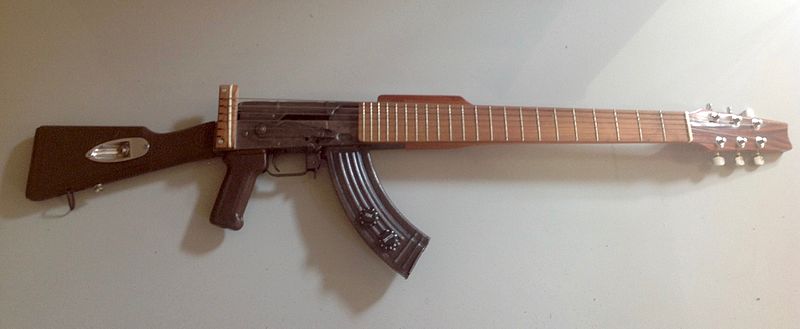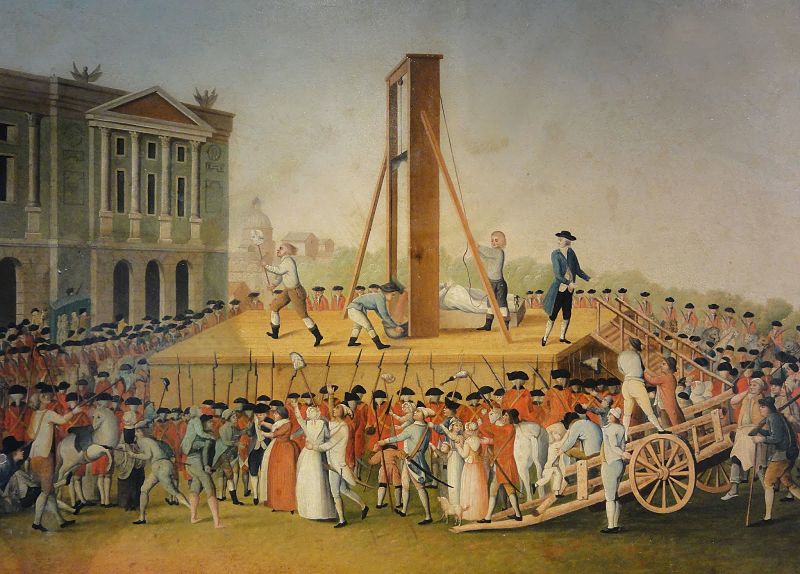In 1711, Belgian abbott Lucas de Vriese filled an unpublished book with 3,100 anagrams composed on phrases taken from the Latin version of the Bible. Page 81 is called the “echo page,” because the first word of each line echoes the last word of the preceding line. Each line is an anagram of the opening sentence of “Hail Mary”: Ave Maria gratia plena dominus tecum (Hail Mary, full of grace, the Lord is with Thee) occurring in Luke 1:28. Impressively, the whole thing is also an acrostic — taking the first letter of each line spells out the original quotation:
Amacula ter munda, ita per omnia viges.
Viges, enormi mulcta Adami pura enata.
Enata Malis pura vige, ac merito Munda.
Munda Mater emicas, o pura Geniti Aula.
Aula Dei micat, nota summe pura, Regina.
Regina, o Tu pura macula, et Dia Immensa.
Immensa, o Tu diva integre pura ac alma.
Alma ter unice pura Summa io Dei Gnata.
Gnata Dei, pura es communi a Mali reatu.
Reatu magno pura, micat sine lue Adami.
Adami sine omni macula pura, rege tuta.
Tuta o pergas alma ac nimia munda jure.
Iure mero Genita munda a culpis, Amata.
Amata veni Summa Regina, delicto pura.
Pura et ter divina o gemmas, Amica luna.
Luna pura (mira dico) Agni Stemmate Eva.
Eva, i matris culpa e gremio munda nata.
Nata maledicti pura, o vere Summi Agna.
Agna Coeli summa, et Avi ter pura damni.
Damni tu pura Regia es, et a macula omni.
Omni reatu, ac Avi plagis e matre munda.
Munda tu pia merito maculae es ignara.
Ignara culpae mera, o Summi Tu Dei Nata
Nata Pura Medica, et gloria Summa veni.
Veni multa munda, Pia et a gremio Sacra.
Sacra nimie munda, alme pura vige tota.
Tota piaculis munda mera, germina Eva.
Eva o simul prima et munda genita, Cara.
Cara, imo Summi Nata, et digne pura, vale.
Vale, o mendi pura Mater, ac Vitis Magna.
Magna, o sic pura ad literam, vive. Amen.
Here’s a rough translation, from City University of Hong Kong mathematician Felipe Cucker’s Manifold Mirrors: The Crossing Paths of the Arts and Mathematics:
Thrice clean from stain, that is why you blossom.
You blossom after being born free of Adam’s great curse.
Born of sinners, you blossom pure and clean, due to your own merit.
Clean you shine, Mother, oh pure Temple of the Only Begotten Son.
God’s Temple shines, famous for its great purity, oh Queen.
Oh Queen, you who are free of stain, incommensurable Divine.
Oh incommensurable, you are divine, immaculately pure and nourishing.
Nourishing, thrice peerlessly pure, oh greatest daughter of God.
Daughter of God, you are free from original sin.
Free from the greatest sin, you shine free from Adam’s curse.
Pure, clean of Adam’s stain, protected queen.
Continue protected, oh nourishing and so justly clean.
Justly Daughter free from guilt, Beloved.
Come, oh Beloved, greatest Queen, free from guilt.
Pure and thrice divine, you are adorned with gems, oh loving moon.
Pure moon (I speak of marvelous deeds), Eve of the Lamb’s lineage.
Eve, go, born free from guilt in her mother’s womb.
Born free from blame, truly Lamb of the Highest.
Greatest Lamb of Heaven and thrice free from the Ancestor’s harm.
You, oh, Queen, are free from harm and from stain.
From all sin and from the Ancestor’s calamities you are free since birth.
Clean through your own merit pious, you have not known any stain.
Merely ignorant of the guilt, oh you, born from God the Highest.
Born Pure, Healer, come also oh Highest in glory.
Come clean from punishment, Pious and Holy from your mother’s womb.
Sacred, mightily clean, motherly pure, you live protected.
Bloom protected, you, the only one clean from expiatory punishment, Eve.
Oh Eve, first born as well as clean, Beloved.
Beloved, truly born from the Highest and fittingly pure, be strong.
Be strong, oh Mother free from fault, and Great Vineyard.
Great, oh truly pure, live. Amen.
(Via Walter Begley’s Biblia Anagrammatica, or, The Anagramatic Bible, 1904.)


